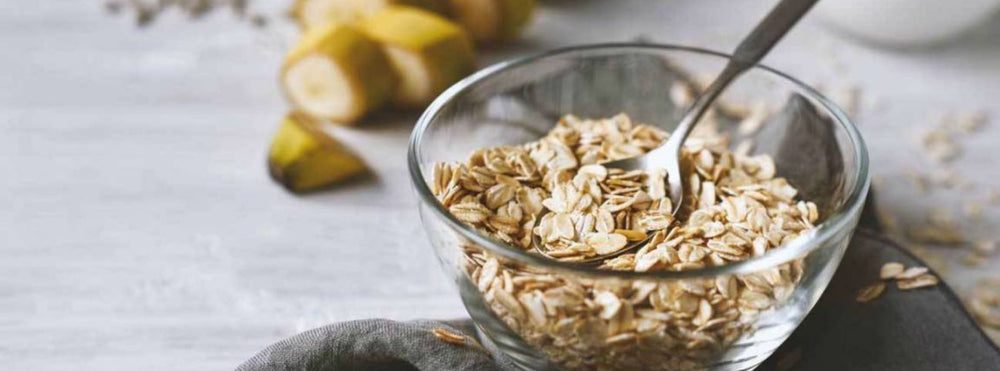Want to Boost Your Gut Health? Try Prebiotics

In the world of nutrition research, the gut microbiome is a hot topic. Thousands of studies have analyzed the role of good bacteria and bad bacteria in our digestive systems. And while researchers have only uncovered the tip of the iceberg, one thing is clear: a healthy gut is essential for overall health.
Probiotics: The Good Bacteria Helpers
Enter probiotics, the live microorganisms that help maintain a healthy balance of bacteria in the gut. They’re naturally present in fermented foods such as yogurt, sauerkraut, kefir, and kimchi. Probiotics are also available in supplement form, packaged into capsules and powders.
What Are Prebiotics?
Much less talked about—but equally important—are prebiotics. These dietary compounds act as fuel for probiotics, helping beneficial bacteria thrive. In fact, one Johns Hopkins gastroenterologist notes that when many people see the word “prebiotic,” they think someone simply misspelled probiotic.
Unlike probiotics, prebiotics aren’t bacteria themselves. Instead, they’re specific plant fibers that pass through most of the digestive process unchanged—only to nourish the good bacteria in the colon. Think of them as fertilizer for your microbiome.
Why Prebiotics May Be More Important Than Probiotics
Research shows that prebiotics help beneficial bacteria grow at a faster rate than you could ever consume through probiotics alone. For this reason, some experts—including Dr. Frank Jackson of Johns Hopkins—believe prebiotics may actually be more important than probiotics when it comes to gut health.
Studies suggest that prebiotic fiber can improve bowel regularity, support immune function, and even benefit brain health. Early research points to their positive influence on the microbiome as the reason behind these wide-ranging benefits.
Foods Rich in Prebiotic Fiber
The list of foods high in prebiotics includes both familiar and surprising sources:
-
Asparagus
-
Beans and legumes
-
Onions and garlic
-
Whole grains
-
Oats
Oats, in particular, are one of the richest sources of prebiotic fiber—which is why Step One Foods includes them in every product.
Prebiotics, Whole Foods, and Step One Foods
Here’s the catch: the health benefits of fiber are most effective when that fiber comes from whole foods, not processed foods with added fiber. That’s why Step One Foods uses real food ingredients like oats, nuts, and seeds to naturally deliver prebiotic fiber along with other nutrients that support cardiovascular and digestive health.
Many customers report improved energy, digestion, and even cholesterol levels after making Step One a regular part of their diet. That’s because our products go beyond gut health, offering whole-body benefits.
Double-Boost Your Gut Health With Prebiotics and Probiotics
Is it possible to combine prebiotics and probiotics for maximum results? Absolutely. This strategy—often called synbiotics—gives your gut the live bacteria it needs (probiotics) plus the fuel that helps them thrive (prebiotics).
We’ve made it simple with Step One products. Toss some Anytime Sprinkle into probiotic-rich yogurt, or blend kefir into your Smoothie Mix. Together, prebiotics and probiotics can create a powerful foundation for a healthier gut.
I’ve got a gut feeling you’ll notice the difference!
(Sorry, couldn't help myself).
About Step One Foods: Step One Foods offers convenient, scientifically-formulated foods clinically validated to rapidly reduce cholesterol and improve cardiometabolic health. Real food. Real results. Unapologetically delicious. Learn more at steponefoods.com.

Tested & Proven Results.
- Cardiologist formulated
- Supported by over 500 publications
- Clinically-proven, in a double-blind randomized trial with Mayo Clinic and The University of Manitoba
80% of participants lowered their cholesterol in just 30 days. With just two servings per day, Step One Foods offers a proven-effective way to naturally lower LDL (bad) cholesterol.
Get heart health tips and articles like this, delivered right to your email.
New articles every week.
You may also like...

The LDL Chart Fueling Confusion Online - And What It Misses

You don’t need to avoid foods with cholesterol…except for these



